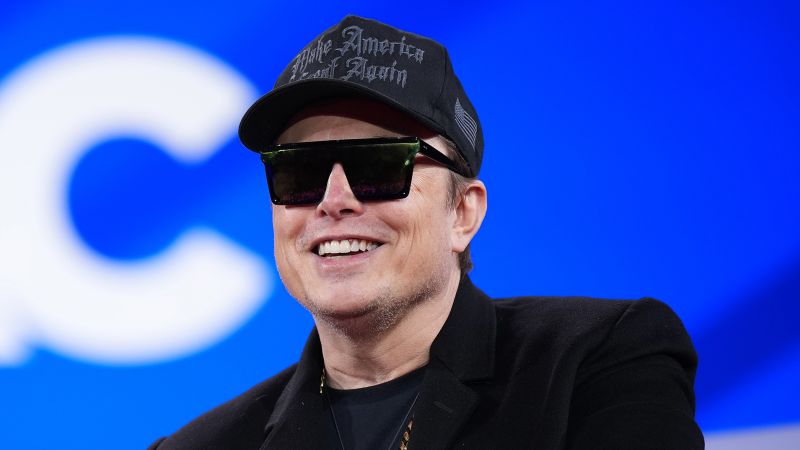Tesla Inc. has been facing a notable decrease in sales across the European Union, with statistics reflecting a staggering decline of more than 50%. This downturn is in stark contrast to the overall growth observed in the electric vehicle (EV) market within the region during the same period. The implications of these figures highlight significant challenges faced by the company in an evolving automotive landscape.
According to data published by the European Automobile Manufacturers’ Association (ACEA) on Tuesday, new registrations for Tesla vehicles (stock symbol: TSLA) dropped almost 53% in April compared to the previous year. Moreover, when expanding the analysis to the broader region—encompassing countries such as the United Kingdom, Norway, and Switzerland—the sales figures dropped by 49% for the same month when compared with data from the previous year. The downward trend marks the fourth consecutive month of declining annual sales for Tesla within Europe, signaling a worrying pattern for the electric vehicle manufacturer.
This decline in Tesla’s sales can be attributed to a combination of factors, primarily backlash from consumers due to CEO Elon Musk’s contentious political views and increased competition from emerging Chinese electric vehicle manufacturers. Musk’s political endorsements of far-right candidates in regions like Germany and the UK have reportedly caused a stir among European consumers, further affecting the brand’s image. His earlier contributions to the Trump administration, particularly regarding substantial layoffs of federal employees, have also drawn criticism and may be disturbing potential customers.
April 2024 was particularly significant in that it marked a pivotal moment for Tesla, as rival Chinese automaker BYD surpassed Tesla in sales for the first time in Europe. Data from the research firm Jato Dynamics indicated that BYD sold 66 more battery electric vehicles (BEVs) than Tesla that month. While the difference in sales volume might seem marginal, comments from JATO Dynamics’ global analyst Felipe Munoz highlight this occurrence as a critical milestone for Europe’s automotive market. Munoz emphasized the importance of this event, noting that Tesla has been a leader in the European BEV market for several years, while BYD only officially expanded its operations to regions beyond Norway and the Netherlands in late 2022.
Despite Tesla experiencing a fallout in sales, the broader electric vehicle market in the EU has shown remarkable growth. The first four months of 2024 indicated a rise of over 26% in sales of new BEVs, according to ACEA. In contrast to many rival automakers—including BYD, which introduces a mix of battery-powered and hybrid EVs—Tesla exclusively markets BEVs. This narrower focus could be impacting its adaptability in a rapidly changing marketplace, where consumer preferences may be shifting toward more versatile options.
Tesla does not disclose its monthly sales figures publicly and has not provided any market-specific sales breakdowns. The abrupt decline in Tesla’s sales comes on the heels of the company reporting its first annual drop in global sales for 2024, alongside the largest quarterly drop in its history during the first quarter of that year. Consequently, these drastic changes have resulted in the company’s net income plunging by a staggering 71% during that same quarter, sending ripples of concern throughout the investment and automotive communities.
In conclusion, Tesla’s significant sales decline across the European Union, juxtaposed with growth in the overall EV market, illustrates the potential vulnerabilities the company faces amid rising competition and shifting consumer perceptions. As the automotive landscape continues to evolve, Tesla will need to adapt and innovate effectively to maintain its leading position in an increasingly crowded marketplace.



